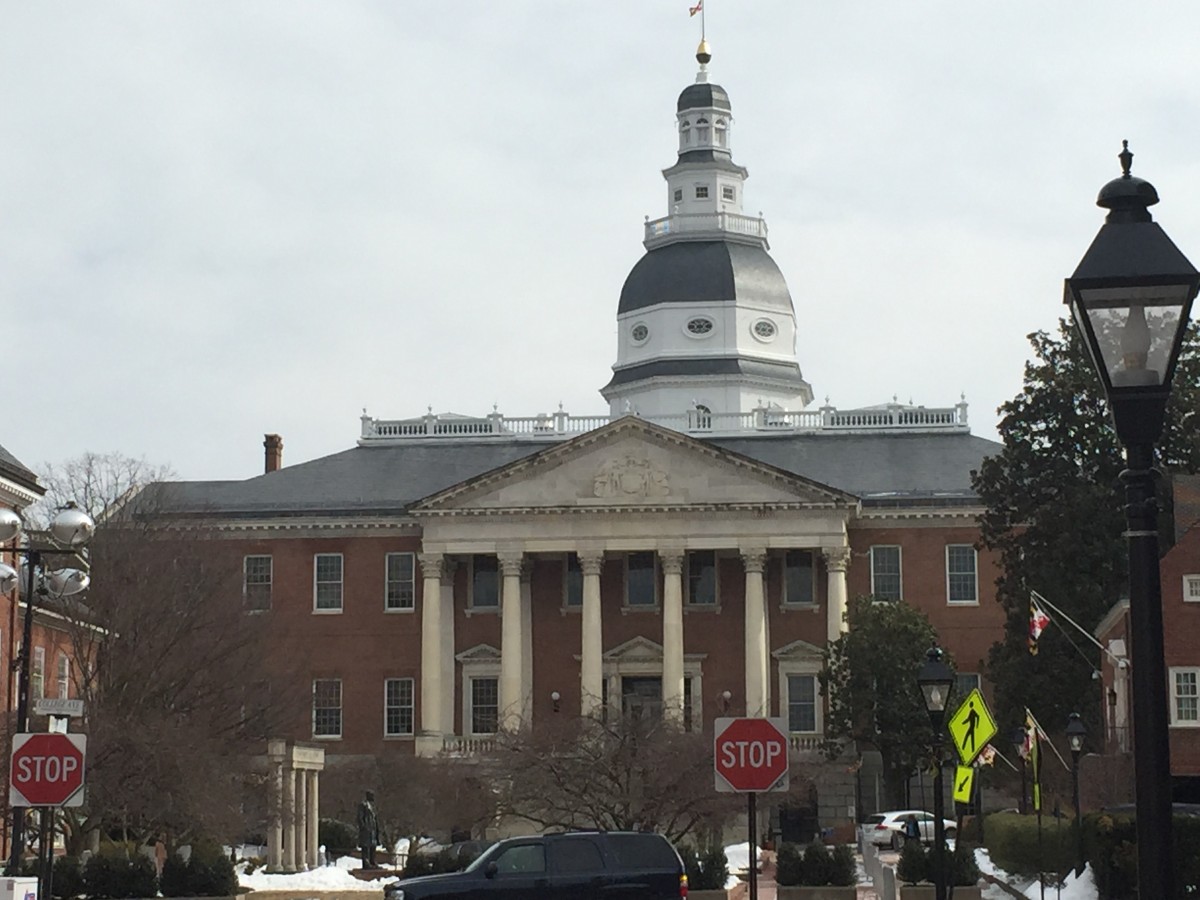Just a couple of weeks after being heard in a Maryland Senate committee, members of Baltimore’s tech community traveled to Annapolis once again last week to support a bill that would create an angel investor tax credit in Maryland.
Sponsored by Del. Brooke Lierman, a Baltimore Democrat, HB 789 is similar to its corresponding bill in the Senate. The bill would create a pool of at least $5 million to be paid out to angel investors. The credits could be retained for 50 percent of the investment in an “innovation business,” not to exceed $50,000 for an individual or $100,000 for a couple.
“In order to spur entrepreneurship, Maryland must have more early-stage investment capital available,” she told members of the House Ways and Means Committee at the March 10 hearing. Lierman compared the idea to the movie “Field of Dreams.”
“If you build it, they will come,” she said.
Speaking from an angel investor’s perspective, Baltimore Angels cofounder and MissionTix CEO Greg Cangialosi said a tax credit would help more people get involved in angel investing.
When Baltimore Angels started five years ago, “we would scrape together $50,000” for an investment round, Cangialosi said.
“Now our group is capable of putting together $300,000-$500,000 worth of investment capital. We only see that growing,” he said. “Our group has grown, but we still need more people and more angels to come out of the woodwork to have access to these deals.”
Peach cofounder and CEO Luke Cooper was on-hand to speak from an entrepreneur’s perspective, telling the committee he was the “personification” of why there’s a need for the bill.
He described his journey from “growing up in one of the worst housing projects in the northeast” to founding a company that recently raised a $600,000 investment round. In addition to investment money, Cooper said investors also served as mentors that allowed the warranty marketplace company to find a home and room to grow in Baltimore.
“Without a strong network of supportive investors and mentors that are very wedded to the entrepreneur, it’s very difficult to grow a startup company,” he said.
Kelly Keenan Trumpbour of Baltimore Angels and See Jane Invest added another word for mentorship. Seeking to appeal to her audience, she compared raising an investment round to fundraising for a political campaign.
“It’s like trick or treating on steroids,” she said of raising money. “You have to go from group to group before you can get all the money you need. The areas that can’t get all the money together for the entrepreneurs suffer because the entrepreneurs leave.”
The bill is being pushed by the Greater Baltimore Committee. President and CEO Don Fry was the first speaker at the hearing in support the bill. He and Cangialosi faced questions about how the bill would directly help the state. Delegates pointed out that unlike programs focused on providing access to capital such as InvestMaryland, the tax credit would not be run by the state. That means the state won’t be an equity partner that makes money directly off of the success of the companies, the delegates said.
“Small businesses or innovation companies are the ones that have the disproportionate amount of job growth that are occurring,” Fry said in response. “That job growth as it occurs is going to provide the consistent benefit in the state of Maryland.”
Fry also said the bill includes a call-back provision that allows the state to recoup tax credits if the company moves out of state, or if the investor takes their stake out of the business.
Supporting the bill from the perspective of university commercialization efforts, UM Ventures Director Jim Hughes and Johns Hopkins University Director of State Affairs Patrick Murray put in words for the tax credit.
The committee didn’t immediately vote on the bill.
Before you go...
Please consider supporting Technical.ly to keep our independent journalism strong. Unlike most business-focused media outlets, we don’t have a paywall. Instead, we count on your personal and organizational support.
Join our growing Slack community
Join 5,000 tech professionals and entrepreneurs in our community Slack today!

The person charged in the UnitedHealthcare CEO shooting had a ton of tech connections

From rejection to innovation: How I built a tool to beat AI hiring algorithms at their own game

Where are the country’s most vibrant tech and startup communities?


